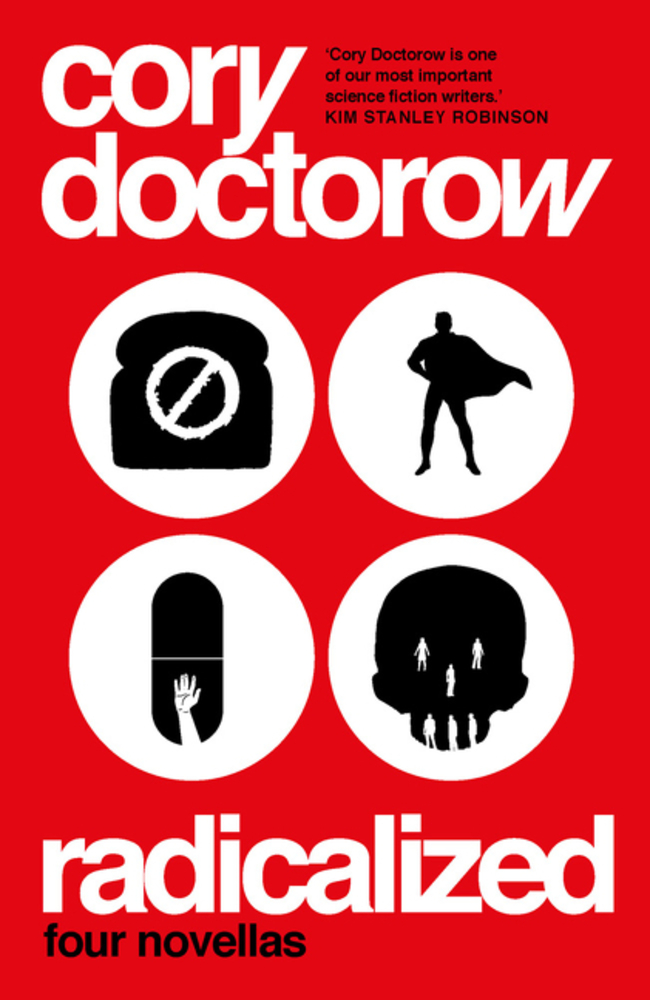Otts reviewed Radicalized by Cory Doctorow
I still don't understand how encrytion works
4 stars
I went through a brief love affair with Doctorow. But the sweetly clunky how-to-do-X-techie-thing-to-bring-down-Y-bad-guy-slash-system got too clunky for me. And repetitive too.
These short stories were OK though. Maybe he's gotten better, or maybe it's been long enough between my readings. Either way in all his writing, I still don't understand how encryption and private/public keys work (not asking for an explanation).
I went through a brief love affair with Doctorow. But the sweetly clunky how-to-do-X-techie-thing-to-bring-down-Y-bad-guy-slash-system got too clunky for me. And repetitive too.
These short stories were OK though. Maybe he's gotten better, or maybe it's been long enough between my readings. Either way in all his writing, I still don't understand how encryption and private/public keys work (not asking for an explanation).


